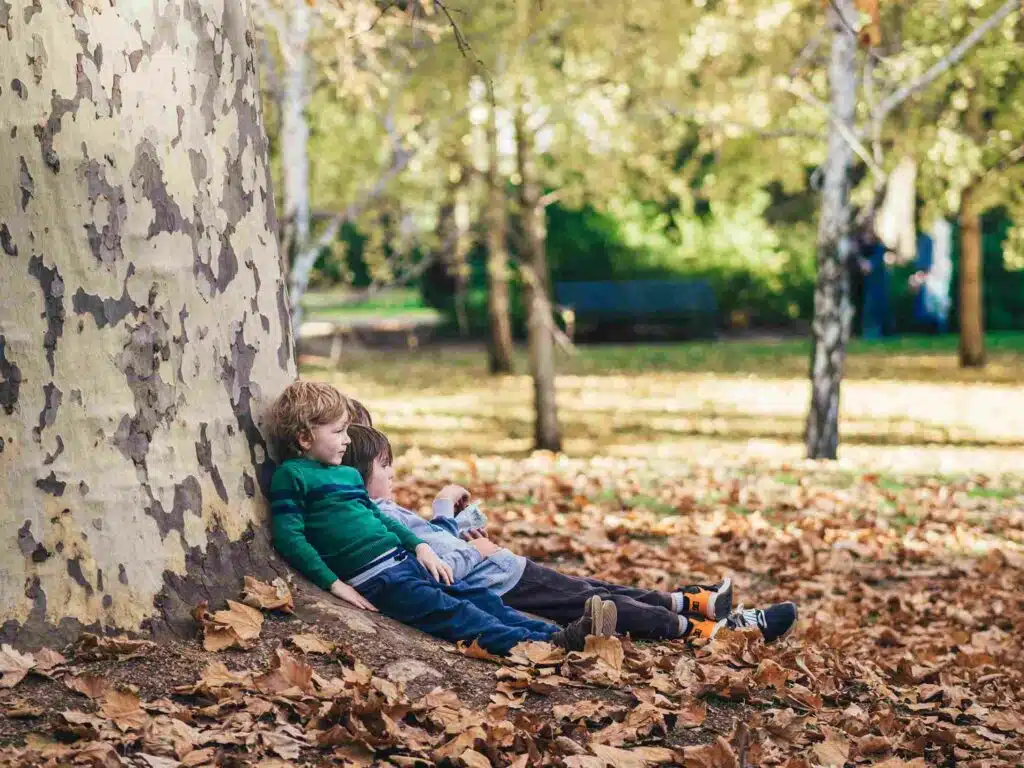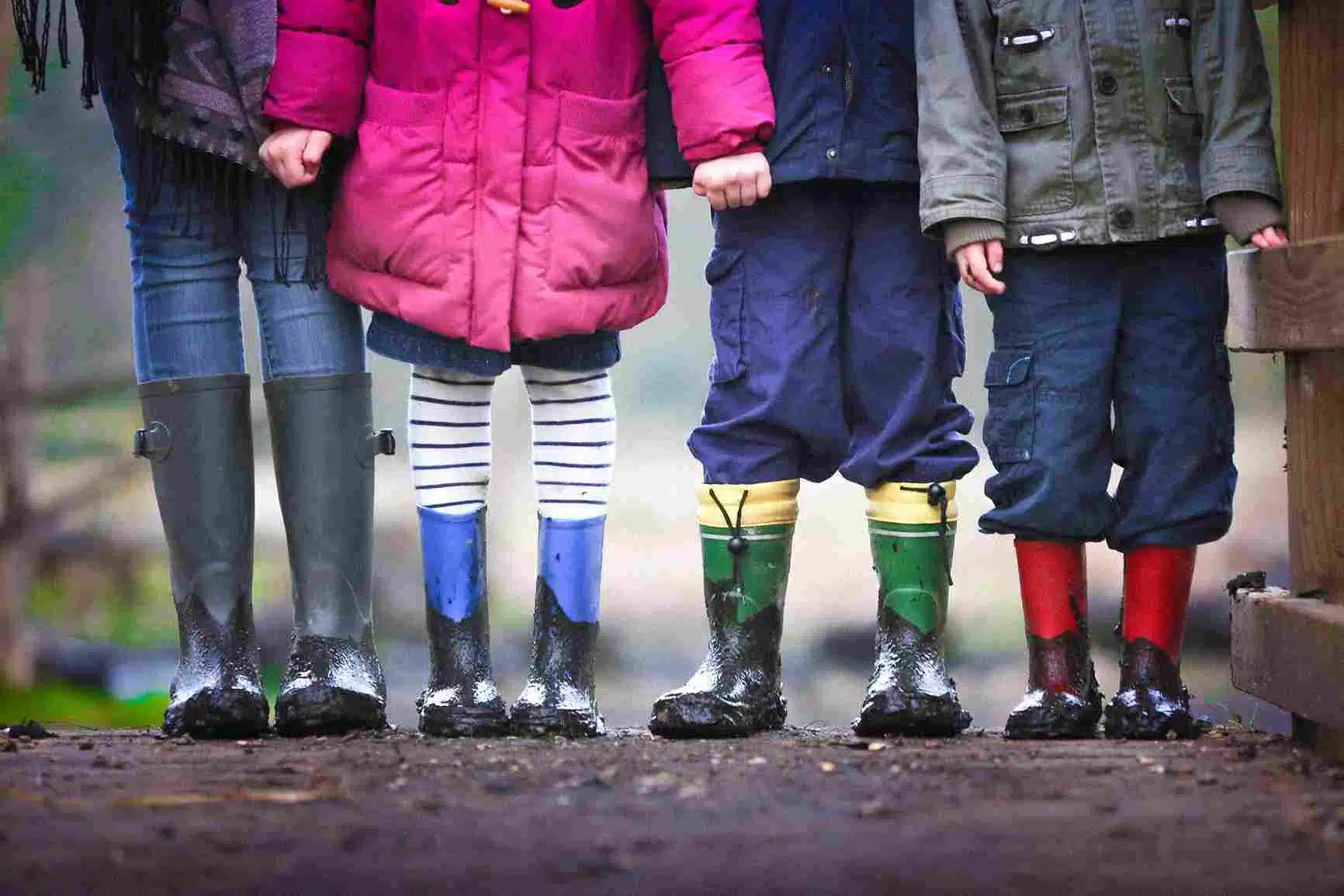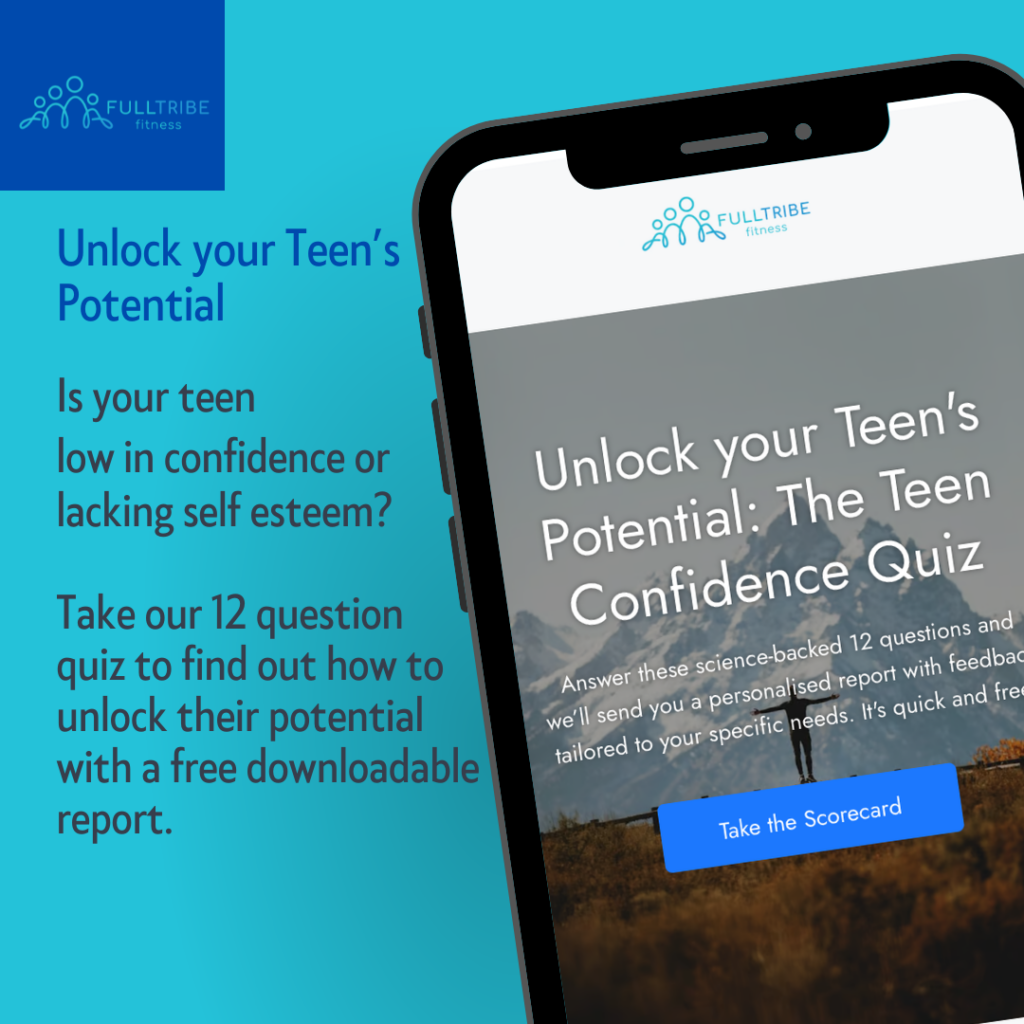Building Resilience in Kids: 5 Strategies for Enhancing Confidence
As a parent, you want your child to feel confident and capable of overcoming life’s challenges. However, building resilience in kids is not always an easy task. The bad news is that giving them concrete doesn’t work anymore. The good news is that there are alternative strategies you can use to enhance your child’s confidence and help them develop the skills they need to bounce back from setbacks to be resilient.
In this article, we’ll explore some proven techniques for building resilience in kids, from encouraging a growth mindset to fostering positive relationships with peers and adults. By putting these strategies into practice, you can help your child develop the confidence and resilience they need to face life’s ups and downs with courage and grace. So, let’s dive in and discover how you can help your child become more resilient today!
Understanding the importance of confidence in resilience
I still remember that one time where I tried to crack a joke in school when I was six and it failed miserably. I was a very shy kid, social, but very shy. So any challenge to my personality was enough to rattle me for days. But like many kids, I did my best to be the ‘funny one’. Although, I may be known as funny and entertaining now… I definitely was not when I was a young little ankle biter. I remember after the ‘attempted joke’; I sat down red-faced, disappearing underneath my shirt and never wanted to go to school again.
I went completely withdrawn and it must’ve felt like an eternity before I attempted to do anything funny again. My confidence was rocked to say the least! However, now it’s just a good story and I won’t let a bad joke hold me back. Back then, it was a very early lesson in resilience.
This is why I want to talk about confidence as a key component of resilience in kids. When children feel confident in their abilities, they are better equipped to handle challenges and setbacks. Confidence also helps children develop a sense of self-worth, which is essential for building resilience. One of the best ways to help your child develop confidence is to provide them with opportunities to succeed. This could be as simple as encouraging them to try new things or setting achievable goals for them to work towards.
It’s important to remember that confidence is not something that can be given to a child – it must be earned, through big mistakes, bad jokes and the right dosage. As a parent, your role is to provide your child with the tools and support they need to develop their own sense of confidence. This may include providing them with positive feedback and praise when they do well, or helping them to develop a growth mindset.
Ultimately, building confidence in your child is about helping them to believe in themselves and their abilities. When children feel confident, they are better prepared to handle the challenges that life throws their way. This builds resilience in kids.

Signs of low confidence in kids
It’s not always easy to tell when a child is struggling with low confidence. However, there are some common signs that parents can look out for. These may include:
– Avoiding new or challenging situations
– Expressing a fear of failure
– Being overly self-critical
– Struggling with decision making
– Being overly dependent on others for validation
If you notice these signs in your child, it may be a sign that they are struggling with low confidence. The good news is that there are strategies you can use to help build their confidence and resilience.
5 Strategies for building confidence in kids
There are many strategies that parents can use to help build their child’s confidence. Some of these include:
“The moment you doubt you can fly, you cease forever to be able to do it.” – Peter Pan
Citation; Aha
Celebrating successes
One of the best ways to build confidence in your child is to celebrate their successes. This could be as simple as praising them for a job well done or acknowledging their hard work. When children feel that their efforts are appreciated, they are more likely to feel confident in their abilities. Something as simple as “great work”, can be all that is needed. Resilience in kids is all about creating a positive environment.
Encouraging a growth mindset
A growth mindset is the belief that intelligence and abilities can be developed through hard work and dedication. Encouraging your child to adopt a growth mindset can help them to see challenges as opportunities for growth and learning. This can help build confidence and resilience in kids.
Providing opportunities for success
Providing your child with opportunities to succeed can help to build their confidence. This could be as simple as encouraging them to try new things or setting achievable goals for them to work towards. When children experience success, they are more likely to feel confident in their abilities.
Fostering positive relationships
Fostering positive relationships with peers and adults can help to build your child’s confidence. When children feel that they are accepted and valued by others, they are more likely to feel confident in themselves. This is important for not just their age-group but a range from young to old.
Encouraging positive self-talk
Positive self-talk can help to build confidence and resilience in kids. Encourage your child to use positive affirmations and remind them of their strengths and abilities.
The role of positive self-talk in building resilience
Positive self-talk is an essential component of building resilience in kids. It can also be termed as ‘re-framing’. When children use positive self-talk, they are better equipped to handle challenges and setbacks. Positive self-talk can also help children to develop a more optimistic outlook on life, which is essential for building resilience.
Encourage your child to use positive self-talk by reminding them of their strengths and abilities. Teach them to reframe negative thoughts into positive ones and to focus on solutions instead of problems. When children use positive self-talk, they are more likely to feel confident and capable of handling whatever life throws their way.
An example of self-talk, is when they say “I can’t do this”, instead say “this is a great challenge”, or “I haven’t found the solution yet”.
Encouraging kids to embrace challenges
Encouraging your child to embrace challenges is another important strategy for building resilience in kids. When children are willing to take on new challenges, they are better equipped to handle setbacks and failures. Encourage your child to step outside of their comfort zone and to try new things. Remind them that failure is a natural part of the learning process and that every setback is an opportunity for growth and learning.
Teaching kids problem-solving skills
Teaching your child problem-solving skills is another important strategy for building resilience. When children are equipped with problem-solving skills, they are better prepared to handle challenges and setbacks. Teach your child to break down problems into smaller, more manageable parts and to brainstorm possible solutions. Encourage them to take risks and to try new approaches when faced with a challenge. A big strength for resilience in kids is helping to understand to break down complex problems in troubling times.
The importance of social support in building resilience
Social support is another important component of building resilience in kids. When children have a strong support network, they are better equipped to handle challenges and setbacks. Encourage your child to build positive relationships with peers and adults. Provide them with opportunities to socialise and to participate in activities that they enjoy. For us parents, this is a challenge for us, we have to ensure we are validating our kids’ feelings and not just trying to provide immediate solutions. In this excerpt from ‘The Scaffold Effect’, they make a great point about how you can’t “band-aid” a failed experience.
The impact of self-care on resilience
Self-care is an essential component of building resilience in kids. When children learn to take care of themselves, they are better equipped to handle life’s challenges. Teach your child the importance of getting enough sleep, eating a healthy diet, and engaging in regular physical activity. Encourage them to engage in activities that they enjoy and to take time to relax and recharge.
Summary; Helping your child build resilience and confidence
Building resilience in kids is not always an easy task, but it is an essential one. By providing your child with the tools and support they need to build their confidence and resilience, you can help them to face life’s ups and downs with courage and grace. Life is not meant to be easy and it’s definitely not meant to have everything go our way all the time.
Remember to celebrate their successes, encourage a growth mindset, provide opportunities for success, foster positive relationships, encourage positive self-talk, teach problem-solving skills, provide social support, and emphasise the importance of self-care. With these strategies in place, your child will be well-equipped to handle whatever life throws their way. This is what builds resilience in kids.
Until next time,









